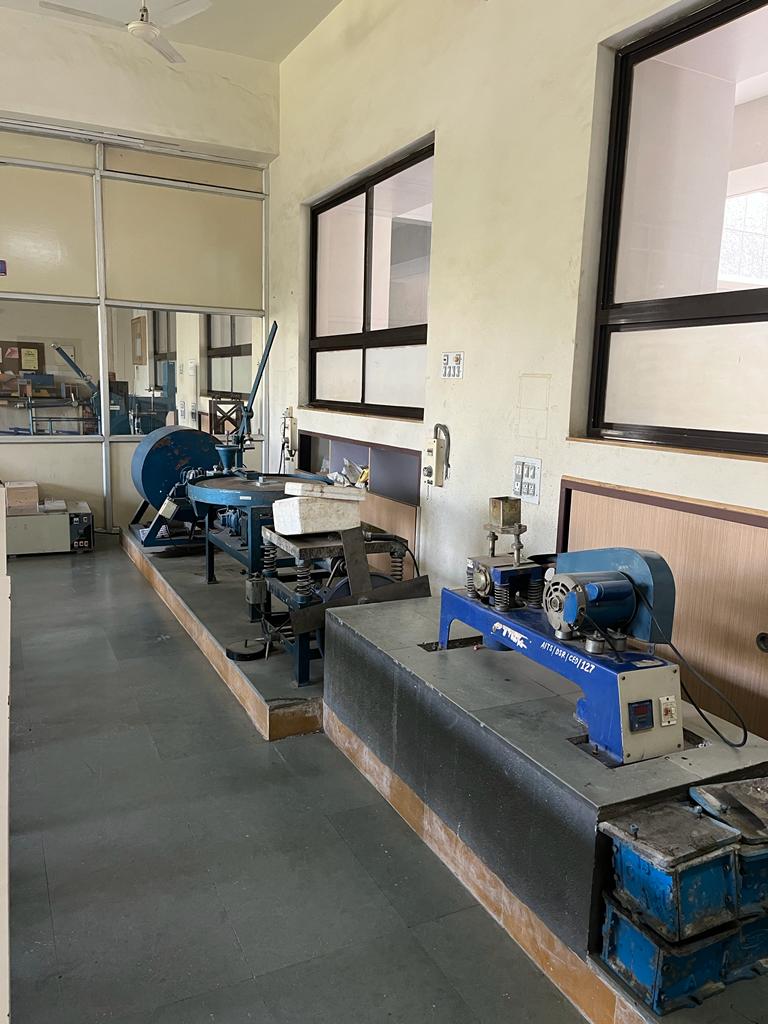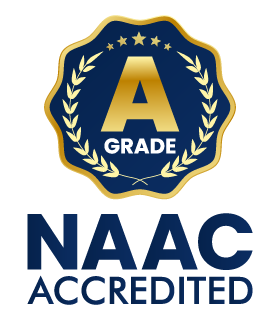About Department
Vision & Mission
Objectives
Department of Civil Engineering offered courses are designed such that students will have driving force towards the skill development part so far as application areas of the civil engineering are concerned. The students will be able to apply the fundamentals of civil engineering in the design and understanding of various civil engineering works and ethics.
The Program Objectives are that the students will be able to:
- To impart quality education and knowledge in contemporary science and technology to meet the challenges in the field of civil engineering.
- To apply acquired skills in developing safe, sustainable, economical and environmentally sound solutions to civil engineering problems either within the profession or in other activities.
- To inculcate the sense of ethics, morality, creativity, leadership, professionalism, self confidence and independent thinking.
- To promote lifelong self learning abilities for gaining multidisciplinary knowledge through projects and industrial training which adheres with the social needs.
Graduate Attributes
- Academic excellence: Ability to identify key questions, research and pursue
rigorous evidence-based arguments - Critical Thinking and Effective communications: Analysis and evaluation of
information to form a judgment about a subject or idea and ability to effectively
communicate the same in a structured form. - Global Citizenship: Mutual understanding with others from diverse cultures,
perspectives and backgrounds - Life Long Learning: Open, curious, willing to investigate, and consider new
knowledge and ways of thinking.
Program Educational Outcomes
| PROGRAMME EDUCATIONAL OBJECTIVES (PEOS) | |
|---|---|
| Our programme will produce Graduates who will attain following PEOs after few years of graduation | |
| PEO-1 | Core competency: will impart quality education and knowledge in contemporary science and technology to meet the challenges in the field of civil engineering. |
| PEO-2 | Breadth of knowledge: will develop futuristic problem solving thinking with advance tools and can apply as a multi-disciplinary approach in the field of civil engineering and other domains. |
| PEO-3 | Preparedness: will apply acquired skills in developing safe, sustainable, economical and environmentally sound solutions to civil engineering problems either within the profession or in other activities. |
| PEO-4 | Professionalism: will inculcate the sense of ethics, morality, creativity, leadership, professionalism, self confidence and independent thinking. |
| PEO-5 | Learning environment: will promote lifelong self learning abilities for gaining multidisciplinary knowledge through projects and industrial training to meet the social needs. |
Program Outcomes
| PROGRAMME OUTCOMES (POS) | |
|---|---|
| After completion of the programme the Graduate will be able to: | |
| PO-1 | Domain knowledge: Demonstrate competence with engineering fundamentals and specialized engineering knowledge appropriate to the program. |
| PO-2 | Problem analysis: Identify and analyze experiments, as well as to evaluate and understand data in Civil Engineering to solve complex engineering problems in order to reach substantiated conclusions. |
| PO-3 | Design/development of solutions: Design solutions for complex, open-ended engineering problems and to design systems, components or processes that meet specified needs with appropriate attention to health and safety risks, applicable standards, and economic, environmental, cultural and societal considerations. |
| PO-4 | Conduct investigations of complex problems: Investigate of complex problems by methods that include appropriate experiments, analysis and interpretation of data and synthesis of information in order to reach valid conclusions. |
| PO-5 | Modern tool usage: Use the techniques, skills, and modern engineering tools necessary for engineering practice. |
| PO-6 | The Civil Engineering Professional and society: Understand and evaluate the sustainability and impact of professional engineering work in the solution of complex engineering problems in societal and environmental contexts. |
| PO-7 | Environment and sustainability: To analyze social and environmental aspects of engineering activities that includes an understanding of the interactions with the economic, social, health, safety, legal, and cultural aspects of society. |
| PO-8 | Ethics: Apply ethical principles and commit to professional ethics and responsibilities and norms of the engineering practices. |
| PO-9 | Individual and team work: To work effectively as a member and leader in teams, preferably in a multi-disciplinary environment. |
| PO-10 | Communication: To communicate complex engineering concepts within the profession and with society at large. Such ability includes reading, writing, speaking and listening, and the ability to comprehend and write effective reports and design documentation, and to give and effectively respond to clear instructions. |
| PO-11 | Project management and finance: To use project and finance management tools to control and execute various projects. |
| PO-12 | Life-long learning: Recognition of the need for, and an ability to engage in life-long learning. |
Program Specific Outcomes
| PROGRAM SPECIFIC OUTCOMES (PSOs) | |
|---|---|
| After completion of the programme the Graduate will: | |
| PSO 1 | Proficient with engineering fundamentals and specialized engineering knowledge appropriate to the program. |
| PSO 2 | Identify and analyze experiments, as well as to evaluate and investigate data in Civil Engineering to solve complex engineering problems in order to reach substantiated conclusions. |
| PSO 3 | Design solutions for complex, open-ended engineering problems and to design systems, components or processes that meet specified needs with appropriate attention to health and safety risks, applicable standards, and economic, environmental, cultural and societal considerations. |
| PSO 4 | Use the advance techniques, skills, and modern engineering tools necessary for trans-disciplinary engineering practice. |
| PSO 5 | Establish leadership quality to set up multidisciplinary ventures & research based projects through lifelong learning. |
Faculty profile
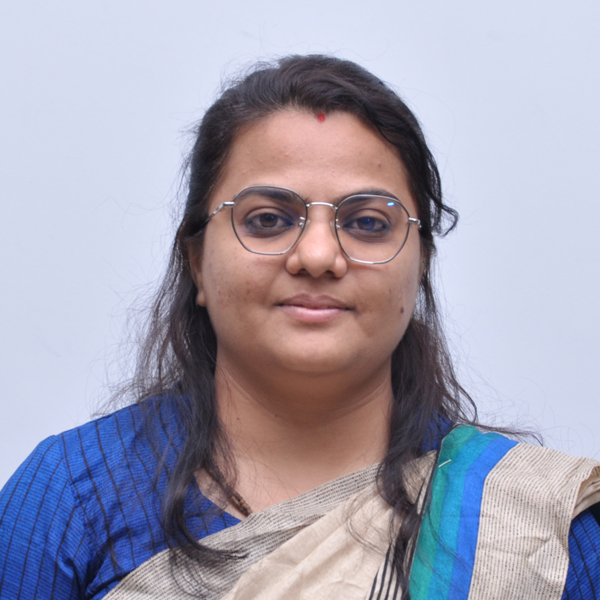
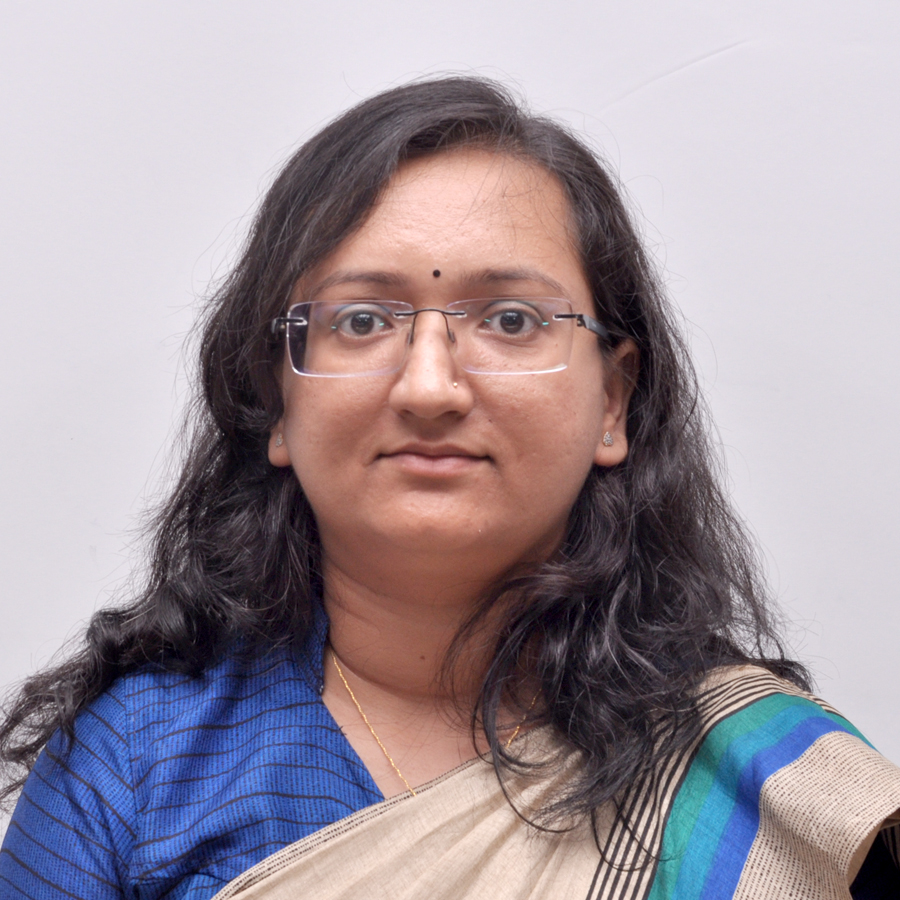
Scope
Civil engineering is the oldest branch of engineering which is growing right from the stone age of civilization. American society of civil engineering defines civil engineering as the profession in which a knowledge of the mathematical and physical sciences gained by study, experience and practice is applied with judgment to develop ways to utilize economically the materials and forces of the nature for the progressive well being of man.
A career as a civil engineer offers several lucrative job avenues in both public & private sector. Some popular options include consulting firms, railways, defense force, and municipal corporations.
Due to increase in the scope of civil engineering with the passage of time, it has now got diversified into many branches of study. Some of the significant ones include…..
- Building materials
- Building construction
- Structural engineering
- Geotechnical engineering
- Hydraulics, water resources and irrigation engineering
- Water supply and sanitary engineering
- Environmental engineering
- Transportation engineering
- Town planning and architecture
- Surveying
- Estimation and specification
- Management techniques
- Soft computing techniques
Civil engineering is the branch which involves a very vast scope to work in the various aspects.
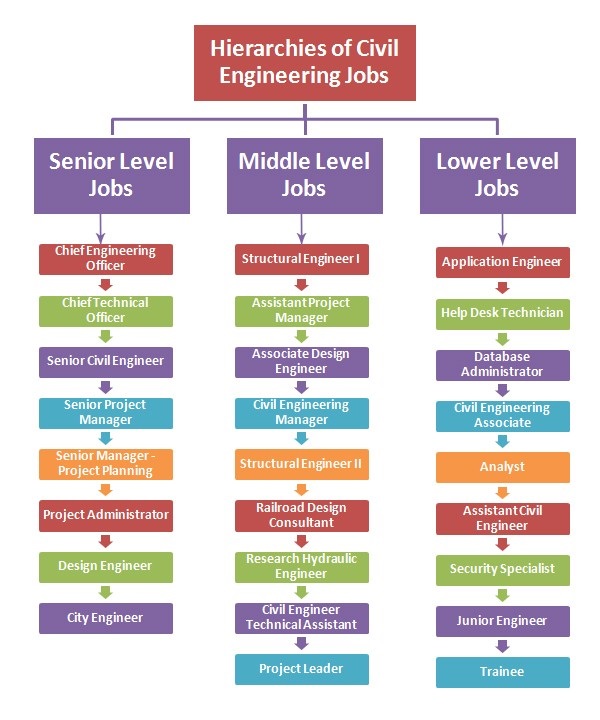
Research and Publication
| SR.NO. | FACULTY NAME | PUBLICATION | TITLE |
|---|---|---|---|
| 1 | Ashraf Mathakiya | JETIR | Assessment of Need for Structural Overlays Using Benkelman Beam Deflection Method and Improvement of the Distressed Pavement |
| 2 | Ashraf Mathakiya | JETIR | Development of Heterogeneous Traffic Noise Level Prediction model and LOS at Arterial Road of Nadiad City |
| 3 | Ashraf Mathakiya | JETIR | To Develop Correlation Between California Bearing Ratio (CBR) and Dynamic Cone Penetration (DCP) value for sub grade soil of selected stretches of Surendranagar District |
| 4 | Ashraf Mathakiya | GRJ | A Study on performance of Fly ash and Recycle concrete aggregate in DRY LEAN CONCRETE for Rigid Pavement |
| 5 | Ashraf Mathakiya | GRJ | An experimental study on bituminous mix by using glass fiber |
| 6 | Ashraf Mathakiya | GRJ | Estimation of dynamic PCUs under heterogeneous traffic condition on urban road: A case study of Rajkot city |
| 7 | Ashraf Mathakiya | GRJ | Performance evaluation of BRTS by using AHP Model |
| 8 | Ashraf Mathakiya | GRJ | Experimental Study On Performance Of Marble Waste And Glass Fiber In Concrete For Rigid Pavement. |
| 9 | Ashraf Mathakiya | GRJ | Effect of pavement condition on capacity and Level of Service for urban road. |
| 10 | Hardik Pujara | GRJ | Experimental Study On Performance Of Marble Waste And Glass Fiber In Concrete For Rigid Pavement. |
| 11 | Mayursinh Jadeja | JETIR | Development of Heterogeneous Traffic Noise Level Prediction model and LOS at Arterial Road of Nadiad City |
| 12 | Mayursinh Jadeja | JETIR | Assessment of Need for Structural Overlays Using Benkelman Beam Deflection Method and Improvement of the Distressed Pavement |
| 13 | Mayursinh Jadeja | GRJ | Estimation of dynamic PCUs under heterogeneous traffic condition on urban road: A case study of Rajkot city |
| 14 | Mayursinh Jadeja | GRJ | A Study on performance of Fly ash and Recycle concrete aggregate in DRY LEAN CONCRETE for Rigid Pavement |
| 15 | Mayursinh Jadeja | GRJ | An experimental study on bituminous mix by using glass fiber |
| 16 | Mayursinh Jadeja | GRJ | Performance evaluation of BRTS by using AHP Model |
| 17 | Mayursinh Jadeja | GRJ | Effect of pavement condition on capacity and Level of Service for urban road. |
Event
| Sr. No. | Event Name | Event Date | Photo Gallery |
|---|---|---|---|
| 1 | Field Visit at GIFT City, Gandhinagar | 24-11-2023 | View |
| 2 | Seminar On SPSS | 18-02-2022 | View |
| 3 | FDP Total Station | 04-02-2022 | View |
| 4 | Online Workshop For Structure Analysis & Design | 27-01-2022 | View |
| 5 | Expert Session On SPSS Software | 24-12-2021 | View |
| 6 | Ayurvedic Tree Plantation | 22-12-2021 | View |
Department Infrastructure
.jpeg)
.jpeg)
.jpeg)
.jpeg)
.jpeg)
.jpeg)
.jpeg)
.jpeg)
